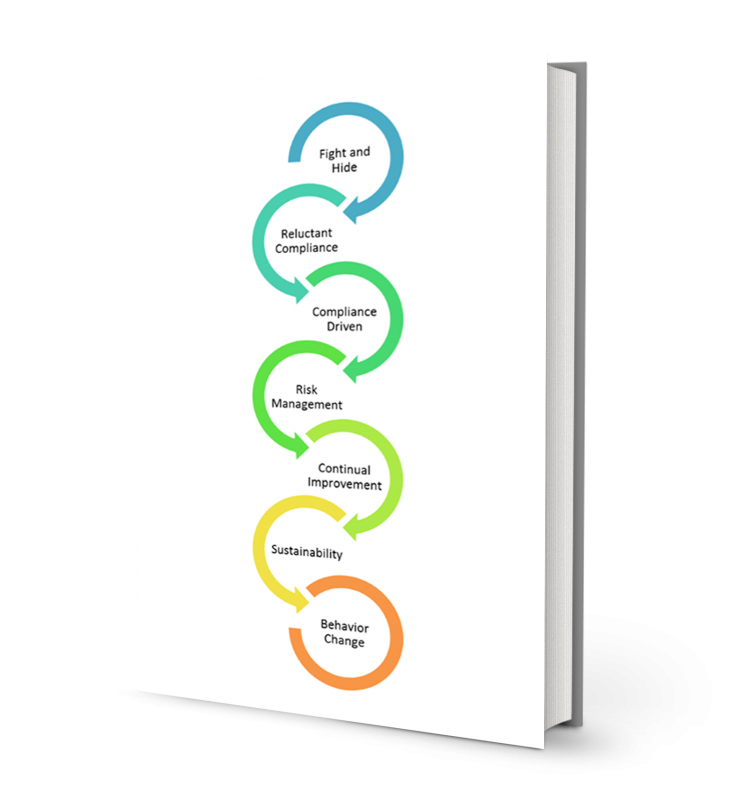PRE-SERVICE BIOLOGY TEACHERS’ EVALUATION OF THEIR LECTURERS’ TEACHING EFFECTIVENESS IN BIOLOGY COURSES IN NNAMDI AZIKIWE UNIVERSITY, AWKA
Obialor, Chris Okwuchukwu
+2348037328449 co.obialor @unizik.edu.ng Department of Science Education, Nnamdi Azikiwe University Awka, Anambra State, Nigeria
Chukwudiebube, C. Beautiful
Department of Biology Nwafor Orizu College of Education, Nsugbe Anambra State, Nigeria
Ugwuibe, V. Ngozichukwu
Department of Biology Nwafor Orizu College of Education, Nsugbe Anambra State, Nigeria.
Ezenwobodo, Chidimma Adaeze
+2347035002147 Ezenwobodochy24@gmail.com Department of Biology Nwafor Orizu College of Education, Nsugbe Anambra State, Nigeria.
This study investigated pre-service Biology teachers? evaluation of their lecturers? teaching effectiveness in biology courses in Nnamdi Azikiwe University, Awka. Descriptive survey design was adopted for the study. Three research questions guided the study. The population of the study comprised 99 fourth year (400 level) students of department of Science Education. There was no sampling because the population is of manageable size. The instrument for data collection was Evaluation of Teaching by Students Questionnaire (ETSQ) adapted from National University Commission (NUC, 2008) which was validated by two experts from the Faculty of Education, Nnamdi Azikiwe University, Awka. The reliability of the instrument was obtained using Cronbach alpha which yielded the coefficient value of 0.89. Data used for the study were collected through online form link. The data collected were analyzed using mean and standard deviation. The findings of this study revealed that pre-service Biology teachers rated their lecturers as being effective though the result also revealed that lecturers are not very punctual to class and do not give feedback on tests given. Based on the findings of the study, it was recommended that administrators of Nigeria universities should encourage a system of peer observations where biology lecturers can observe and provide constructive feedback to their colleagues in order to foster a culture of continuous improvement and collaborative learning. The faculty should also develop a structured feedback system that includes input from both lecturers and students.
Agu, N.N and Anachunam C. (2020). Undergraduate students’ evaluation of their lecturers’ teaching effectiveness in economics courses in Nnamdi Azikiwe Unviversity, Awka. A festchrift in honour of Prof. G.C. Unachukwu. 117-124. Aloh, O. G, and Afamah, C. G (2013). Multimedia computer animation as a practical to teaching mitosis (cell division) to secondary School students in Nigeria. STAN Biology Panel series 35-43. Collins, D. (2021). Definition of Geometry. Retrieved from https://www.collinsdictonary.com,on 16 August 2021. Darling-Hammond L. (2006). Constructing 21st-Century Teacher Education: Journal of Teacher Education. 57(3):300–314. Doi:https://doi.org/10.1177/0022487105285962. Federal Republic Nigeria (2004). National Policy on Education. Lagos: NERDC Press. Hamidu, H. (2022). Relationship between teacher professional competency and students’ academic achievement in English language in senior secondary schools, Adamawa state Nigeria. African Journal of Educational Management, Teaching and Entrepreneurship studies. Vol 5 (1) 46-57. Kano T. N. (2004). Teaching practice, micro teaching and methodology of education in Nigeria :Lagos :Logic gate meolic limited. Lederman, N.G., & Gess-Newsome, J. (2001). Reconceptualizing secondary science teacher education. In J. Gess-Newsome & N.G. Lederman (Eds.), Examing pedagogical content Knowledge: The construct and its implications for science education (PP- 199-213). Dordrechi Kluwer Academic Publishers. Nwagbo, C. (2008). The relative efficacy of guided inquiry and expository method on the achievement in biology of students of different levels of scientific literacy. Journal of Science Teachers Association Nigeria 36 (1) 45-51. Obialor, C.O. (2018). The Place of science education in national development and factors affecting its effectiveness. Management, Society and Development. A festschrift in Honour of Prof. J – O Ogbuagu, Mni (1) 319 – 331. Obialor C.O and Osuafor A.M (2019). Teacher effectiveness in science education: Implication for science teaching and learning in Nigeria. Unizik journal of Education Graduates, 6(1) 187-195. Obialor, C. O., Ezeobi, G. O. and Ezenwabuchili, G. C. (2020). Innovation in stem education: An imperative tool for imp2roving biology teacher classroom practice in Nigeria. A festchrift in honour of prof E. O Akuezuilo and prof Sam O.C Okeke,) 249-256. Obialor C.O. (2022). Evaluation of implementation of minimum standard for Nigeria certificate in Education biology curriculum in colleges of education in Nigeria. Unpublished Doctorate Dissertation, Department of Science Education, Nnamdi Azikiwe University, Awka. Obih, S.O.A (2016). Contemporary issues in curriculum implementation and methods: Owerri Hysah Publishers. Onyemerekeya, C.C. (2006). Curriculum theory and planning: Chimes Hop Publishers Owerri- lagos, Nigeria. Okenyi, C.I. (2012). Science and technology education for entrepreneurship development. proceeding of the 7th national conference of school of sciences FCEE PP. 15-19. Scheerens, J. (2010). Teachers’ professional development: An analysis of teachers’ professional development based on the OECD’S teaching and learning international survey (TALIS): Europe in international comparison. Udosoro, U.J. (2011). The effect of gender and mathematics ability on academic performance of students’ in chemistry. An international multidisciplinary journal, ethopia 5 (4) 21.

